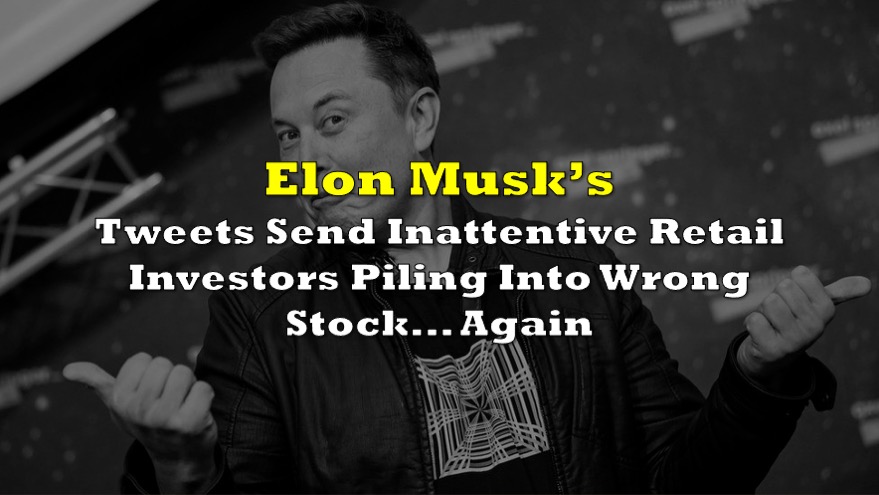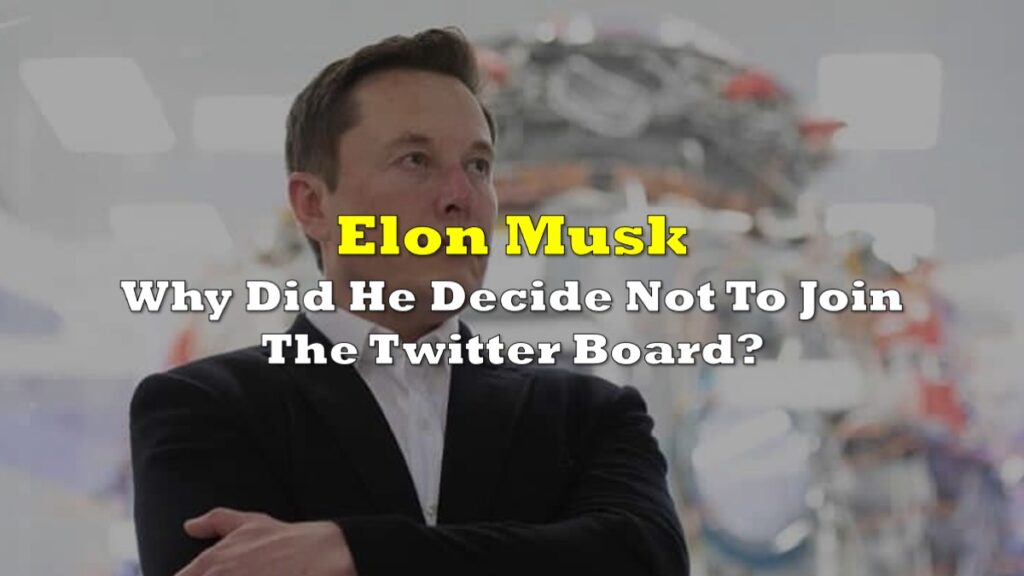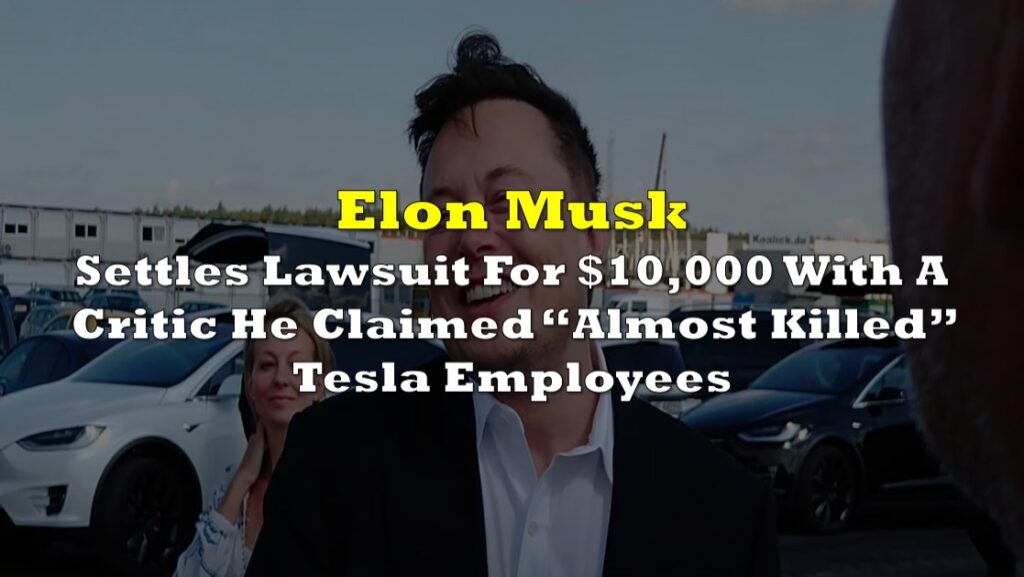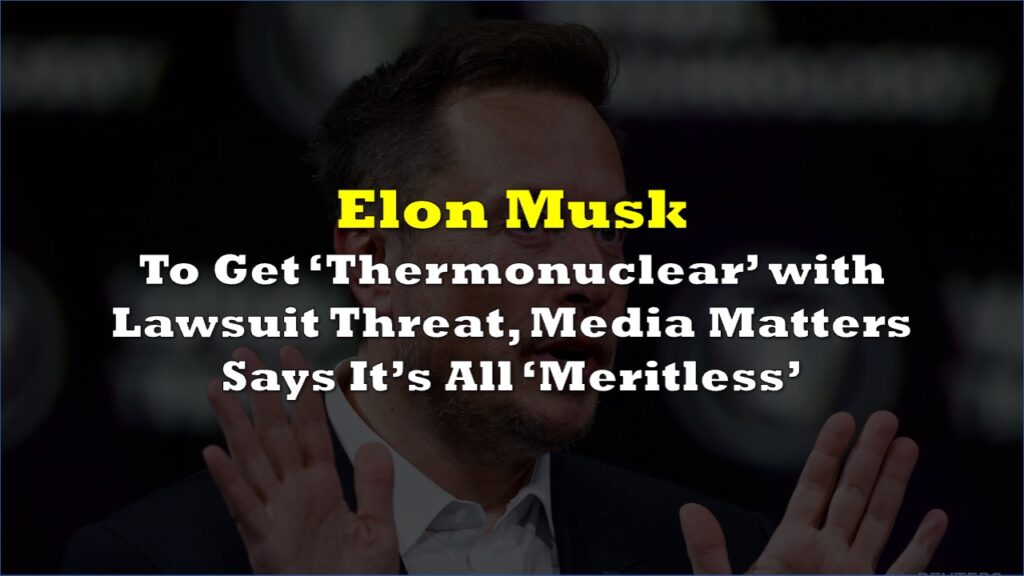A significant portion of advertisers are planning to pull their spending from the social media platform X in the coming year, according to a new survey from global research group Kantar. The survey found that approximately one-quarter of advertisers expect to cut back their spending on the platform in 2024, marking the largest recorded decline for any major social media advertising platform.
X has faced a series of challenges in retaining advertisers over the past year, with major brands such as Apple, Coca-Cola, and Disney removing paid advertisements from the platform. Some of the most high-profile departures occurred after CEO Elon Musk endorsed an antisemitic post in late 2022, prompting concerns about the platform’s brand safety—a critical factor for marketers looking to avoid association with objectionable content.
Jerrad Christian, a Democratic candidate for Ohio’s 12th district, is among the latest to pull campaign ads from X. His team discovered that their ads had appeared alongside antisemitic posts.
“We knew our ads were being shown in replies and on profiles, but we had no idea they were being served under these types of accounts or posts,” said Tim Cox, the campaign’s communications directo. He went on to criticize the platform’s brand safety settings, adding, “Clearly, this brand safety tool is not working.”
This sentiment is echoed in Kantar’s findings, which show that only 4% of marketers currently believe X provides adequate brand safety measures. By contrast, Google leads the pack, with 39% of marketers expressing confidence in its ability to protect their brands. Brand safety—ensuring ads don’t appear next to harmful or offensive content—has become a core concern for advertisers on X, particularly as the platform has become more unpredictable under Musk’s leadership.
X’s advertising troubles have not abated in 2024. Earlier this month, the World Bank ceased all paid advertising on X after a CBS News investigation revealed that the organization’s ads had appeared beneath a racist post from an account associated with neo-Nazi and white nationalist content.
Gonca Bubani, Kantar’s global thought leadership director, elaborated on the growing disillusionment among marketers, noting, “Advertisers have been moving their marketing spend away from X for several years. The stark acceleration of this trend in the past 12 months means a turnaround currently seems unlikely.”
Bubani added that marketers are brand custodians and need to trust the platforms they use, explaining that “X has changed so much in recent years and can be unpredictable from one day to the next—it’s difficult to feel confident about your brand safety in that environment.”
Trust deficit
Musk’s takeover of the platform in 2022 marked a dramatic shift in X’s moderation policies and public image. His frequent involvement in controversial online conversations, including his own amplification of conspiracy theories and hateful rhetoric, has made X a less stable environment for businesses. This has eroded advertisers’ trust, even as the platform has made attempts to reassure them of stronger brand safety measures.
X, in its response to the Kantar findings, maintained that the platform offers better ad services than ever before.
“Advertisers know that X now offers stronger brand safety, performance, and analytics capabilities than ever before, while seeing all-time-high levels of usage,” a company spokesperson stated. The platform cited data from DoubleVerify and Integral Ad Science, which show that X’s brand safety rate is 99% on average.
However, the gap between X’s assurances and the experiences of many advertisers—whose ads have inadvertently appeared next to offensive content—remains wide. Despite these assurances, marketers continue to view X as a risky environment.
“Marketers need consistency and predictability, and X is currently lacking both,” said Bubani.
Addressing attendees at the 2023 DealBook Summit in New York, Musk discussed the departure of advertisers from the platform due to antisemitic posts he had shared.
“If somebody’s gonna try to blackmail me with advertising? Blackmail me with money? Go f— yourself. Go. F—. Yourself. Is that clear?” he remarked.
Consolidating trust
The pullback from X comes during a broader shift in how brands approach social media advertising. The Kantar survey, which included interviews with 18,000 consumers and 1,000 senior marketing executives globally, found that marketers’ trust in digital platforms is increasingly concentrated on a few key players. YouTube ranks as the top platform for advertisers, while Amazon and TikTok were cited as the most favored platforms by consumers.
Consumers particularly praised Amazon for delivering ads that felt relevant and useful, while TikTok ads were viewed as fun and engaging. The relative decline of X in these rankings highlights the growing competition in the digital advertising landscape.
Platforms like YouTube and TikTok have managed to capitalize on their more controlled environments, providing advertisers with greater assurance that their brand messaging won’t appear next to harmful or polarizing content.
Since Musk’s acquisition, X has been attempting to lure advertisers back under the leadership of CEO Linda Yaccarino. Yaccarino, a veteran of the advertising industry, has been tasked with improving the platform’s reputation among marketers and restoring some semblance of stability to its ad business.
However, the ongoing concerns about brand safety and the unpredictable nature of the platform may hinder these efforts.
“X’s future as an advertising platform is hanging in the balance. Without changes, it could lose its relevance to marketers entirely,” Bubani ended.
Information for this story was found via CBC and the sources mentioned. The author has no securities or affiliations related to the organizations discussed. Not a recommendation to buy or sell. Always do additional research and consult a professional before purchasing a security. The author holds no licenses.









